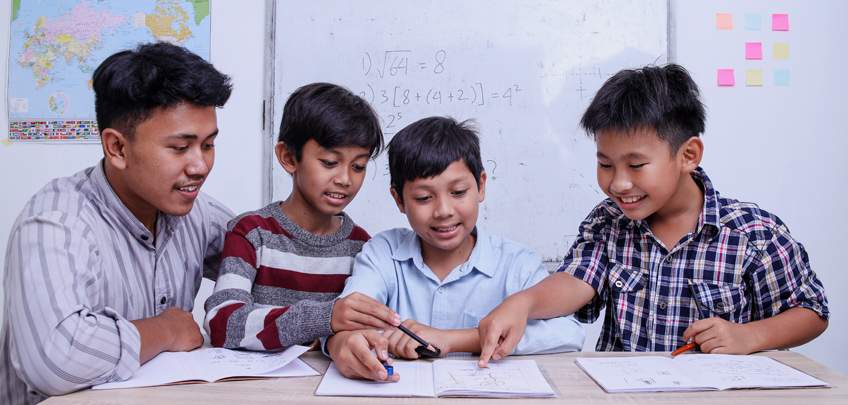

In a world that's increasingly interconnected, the ability to speak more than one language is an invaluable asset. Bilingual education offers this and much more, equipping children with skills that extend far beyond the classroom.
Understanding the multifaceted benefits of bilingual education can help parents make informed decisions about their children's learning journey.
Bilingual education is more than just learning another language; it's about nurturing a set of skills that can profoundly impact a child's academic performance, cultural understanding, and cognitive abilities.
Research consistently highlights the cognitive advantages of being bilingual. Children exposed to multiple languages from an early age show greater problem-solving abilities, enhanced creativity, and improved multitasking skills.
This cognitive flexibility stems from the brain's need to navigate between languages, strengthening executive functions and enhancing mental agility.
Enhanced Problem-solving Skills: Bilingual children often outperform their monolingual peers in tasks that require creativity and problem-solving.
Improved Memory: Regular use of two languages strengthens memory muscles, aiding in the retention of information across various subjects.
Mental Flexibility: The ability to switch between languages promotes a more flexible approach to thinking and understanding concepts.
Bilingualism opens doors to a wealth of knowledge and perspectives, enriching a child's educational experience.
With access to literature, resources, and information in two languages, bilingual students have a broader base of knowledge and understanding.
Literacy Development: Learning to read and write in two languages can enhance literacy skills, as it promotes a deeper understanding of language structures and vocabulary.
Educational Opportunities: Proficiency in multiple languages can increase access to higher education opportunities and scholarships.
One of the most profound benefits of bilingual education is the fostering of cultural awareness and empathy.
Children learn to appreciate and respect cultural differences, understand diverse perspectives, and navigate various social settings with ease.
Global Perspective: Bilingual students are more likely to develop a global mindset, understanding and appreciating the interconnectedness of our world.
Cultural Empathy: Exposure to multiple cultures through language encourages empathy, tolerance, and respect for others.
The decision to provide a child with a bilingual education is a gift that extends far beyond fluency in a second language. It prepares them for a world that values cognitive flexibility, cultural empathy, and global understanding. As we embrace the linguistic and cultural richness of our global community, the role of bilingual education becomes increasingly vital.